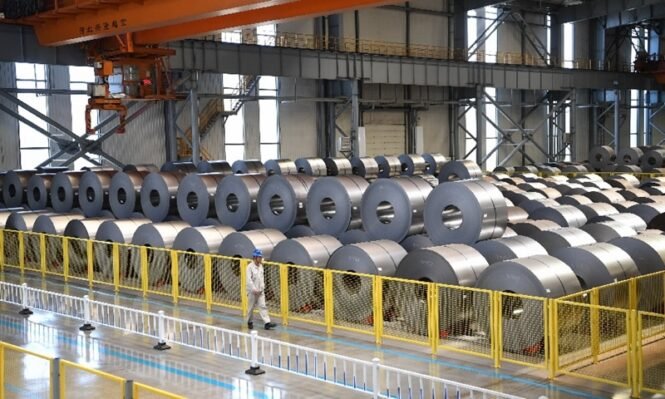Indian producers will maximize the opportunities within the export markets against the scene of the continued energy crisis in Europe. Operation conditions for steel makers have deteriorated with an extra fall in steel costs and rising coking coal values. Domestic hot-rolled coil prices fell by Rs 700 per metric ton week-on-week to Rs 55,200 per tonne, aforementioned a report. They further added that the typical price in September up to now is 3% low the average seen in August.
Further, there’s exaggerated pressure on margins because of a pointy rise in coking coal prices once a quick amount of softening trend. However, on the intense side, ore costs still stay stable. Even so, A pick-up in demand for the metal is key. The September quarter (Q2FY23) is predicted in-tuned the force of seasonality and therefore the demand is probably going to enhance thereafter. “Our channel checks indicate that dealers are adopting a cautiously optimistic approach towards demand revival in H2FY23,” the analysts said.
Meanwhile, the Indian producers will maximize the opportunities within the export markets against the backdrop of the continued energy crisis in Europe, analysts said. However because of the levy of tariff on finished products, there’s exaggerated potential for the export of semi-steel. The export duty could be a key overhang on stocks of steel firms and a positive development on it front would aid capitalist sentiments. Shares of Tata Steel, JSW Steel, and Jindal Steel & Power are down by 13-28% from their individual 52-week highs.
The Ministry of Commerce has seen a fall in steel costs since the imposition of export duty of 15% in May-22, however is waiting to determine if the worth decline resulted from weak seasonal demand throughout the monsoon season or because of the tariff cut. “A thought on rollback or cut in export duty are taken once ascertaining reasons behind the fall. The duty is also preserved unless it’s established that the decline in costs was on duty imposition and undue to the seasonal monsoon factor,” added the report.
